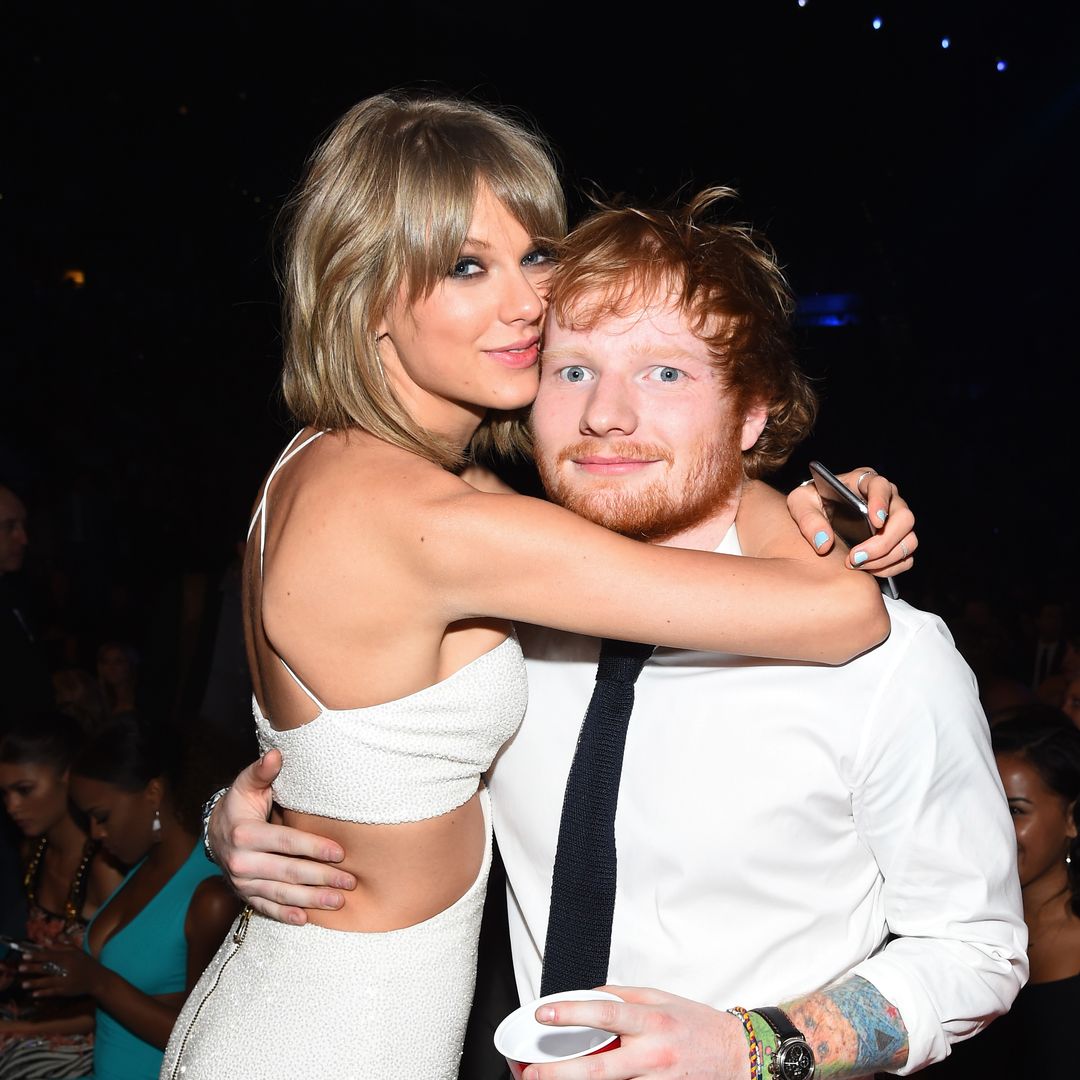Calling all Swifties! New York University has officially launched a new course focused on Taylor Swift, just in time for spring semester.
As part of NYU’s Tisch School of the Arts, the course will run from January 26 to March 9, and students can expect to learn more about the singer’s career and her cultural influence. The star has also been invited to speak to the class.
“This course proposes to deconstruct both the appeal and aversions to Taylor Swift through close readings of her music and public discourse as it relates to her own growth as an artist and a celebrity,” the course description reads.
Among the different topics that will be discussed in this course, NYU has proposed to dive into Taylor’s entrepeneurial skills, her cultural impact from the start of her career, and her relevance in the music industry.
Taught by Rolling Stone’s Brittany Spanos, the course will cover “topics like copyright and ownership, American nationalism and the ongoing impact of social media on the pop music industry.”
“Through readings, lectures and more, the class delves into analyses of the culture and politics of teen girlhood in pop music, fandom, media studies, whiteness and power as it relates to her image and the images of those who have both preceded and succeeded her.”
“It’s such an honour to be able to share my Swiftie expertise with a sharp group of students,” Spanos shared, adding that “teaching a course at Clive Davis has been a dream of mine since I attended NYU.”
,type=downsize)





